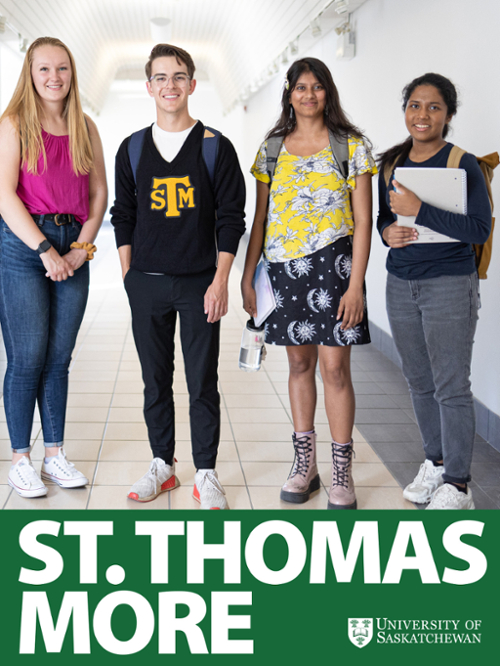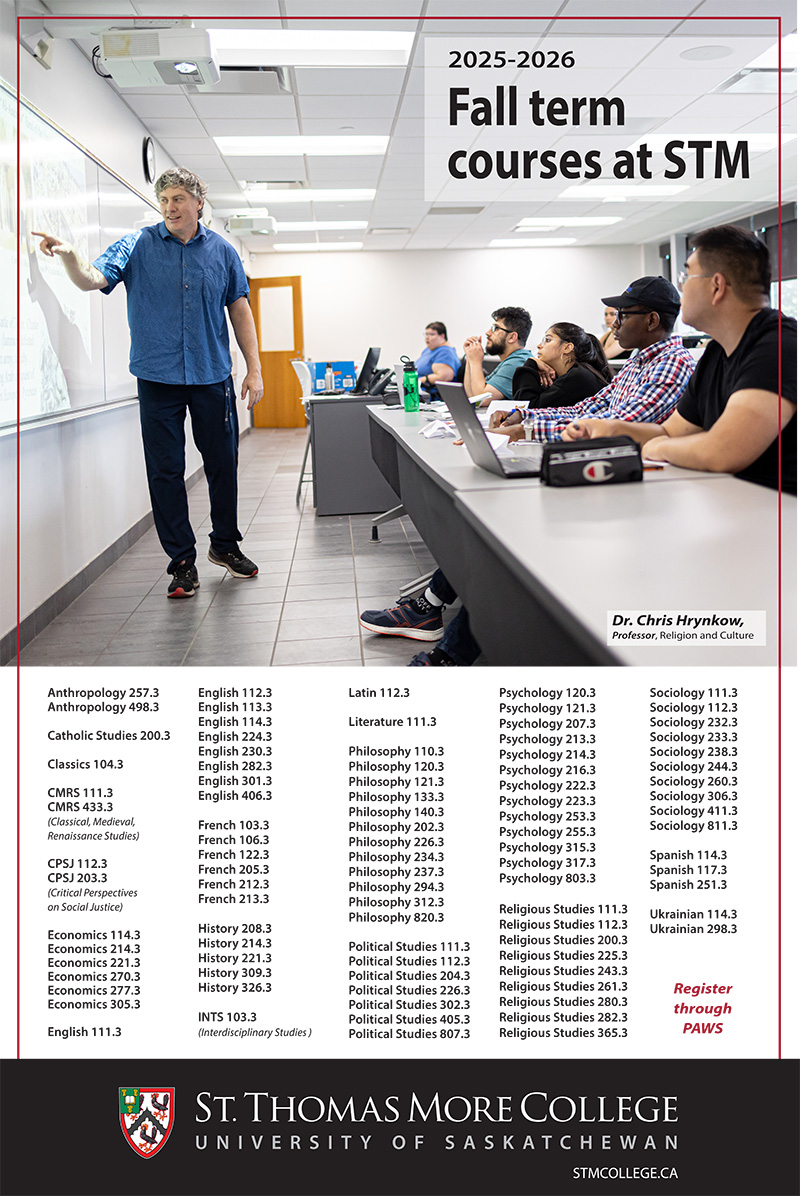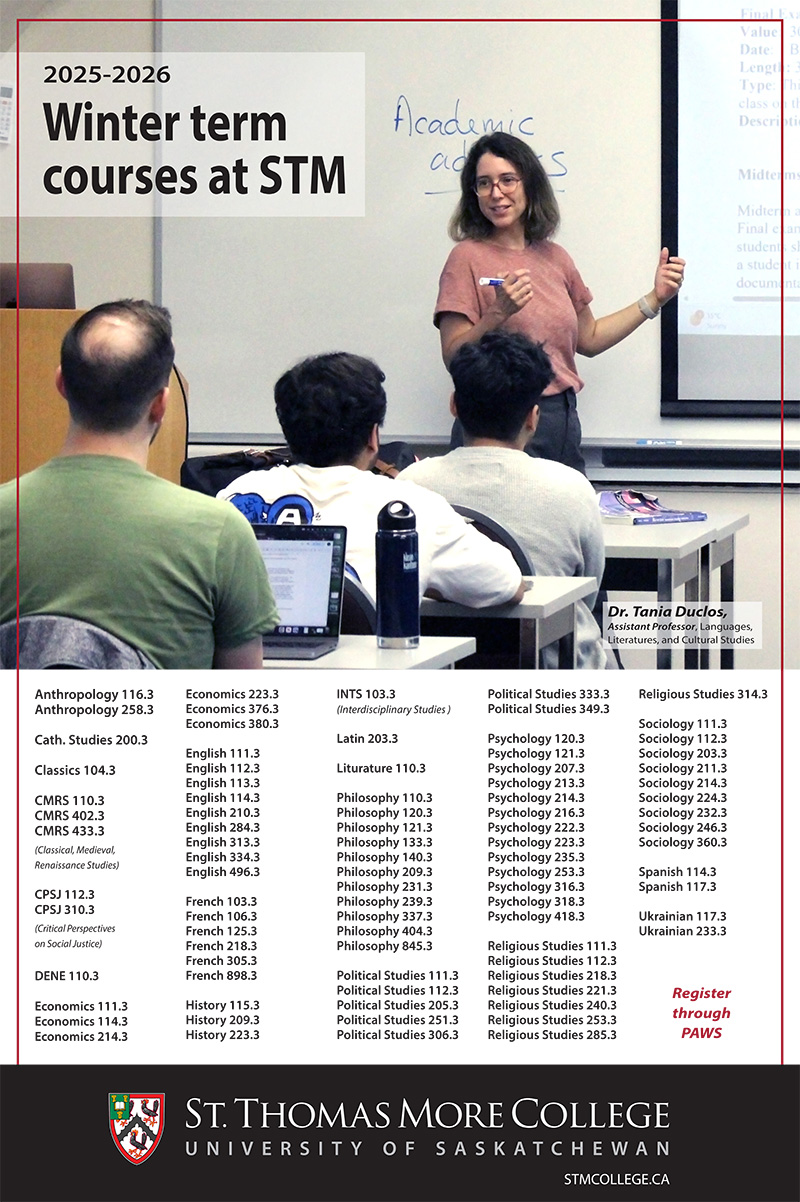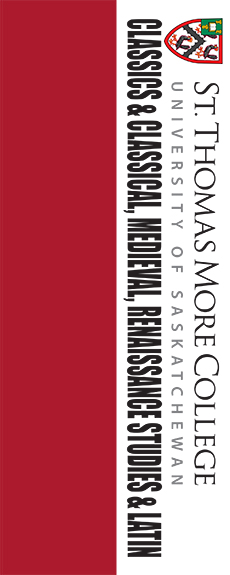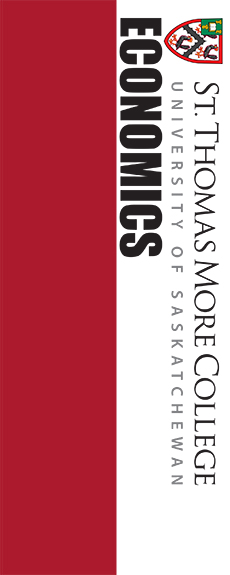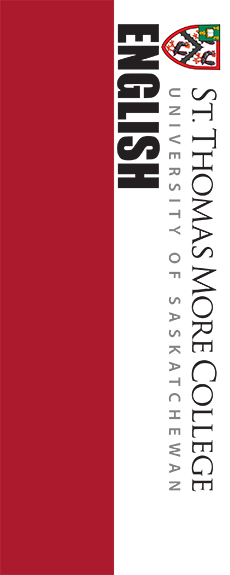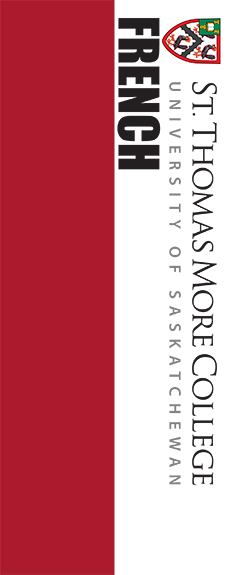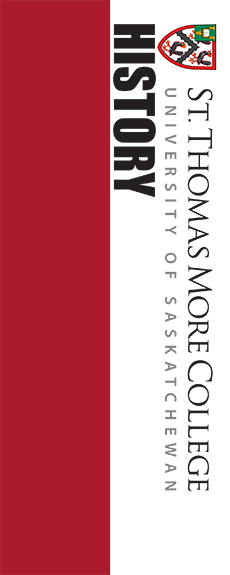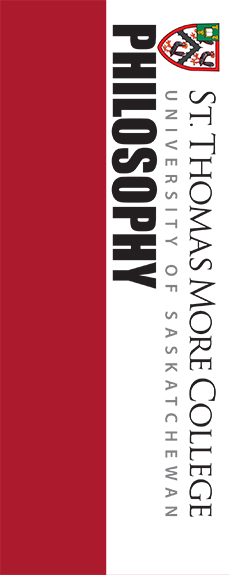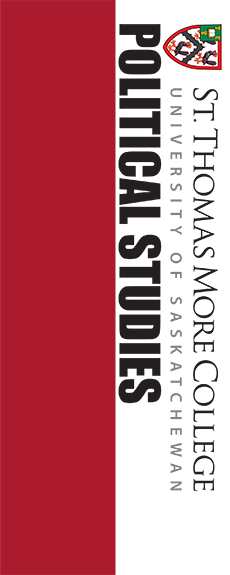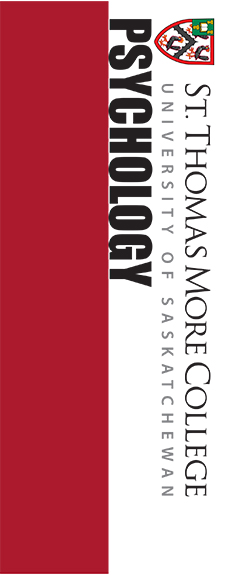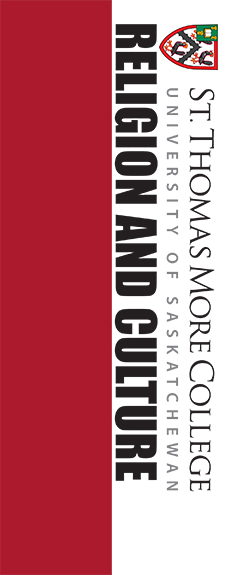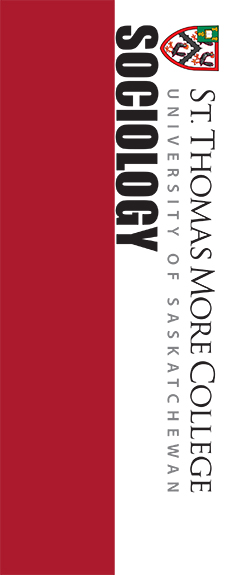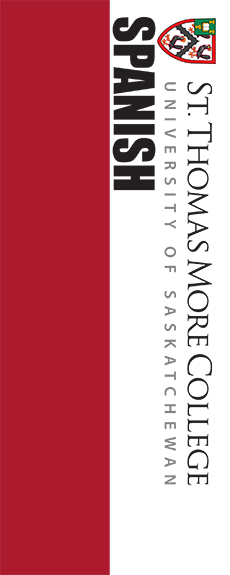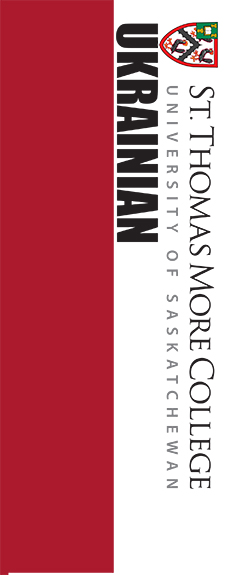The Minor in Critical Perspectives on Social Justice and the Common Good is an interdisciplinary course of study using the collected insights of various academic disciplines designed to prepare students to be responsible critics of contemporary societies and effective agents for positive social transformation. Students will reflect on the causes and structures of injustice and approaches to social change at interpersonal, communal, national and global levels. As a central concept in Catholic thought on social justice, the Minor will explore the role of the common good in the religious, ethical, philosophical and social science traditions. As part of their course of study, students will be challenged to critically examine historical and contemporary misappropriation and abuse of the constructs of social justice and common good. Through a community service-learning pedagogy, offered in a number of courses, this minor creatively engages faculty, students, and community partners in local and international responses to inequality and marginalization. Cycles of exclusion (e.g., marginalization associated with disability, age, gender, poverty, sexuality, racism, violence, colonialism, post-colonialism, class, speciesism and the environment), urban justice, globalization, and ecojustice are the areas of concentration for empirical, social analyses of social injustice. From these areas of concentration and issues of justice students gain a solid intellectual and ethical grasp of the understandings of the common good.
The Minor average in Critical Perspectives on Social Justice and the Common Good will be calculated using the grades earned in all courses eligible to be included in the Minor program requirements. Students must complete at least two-thirds of the program requirements (rounded to the nearest highest multiple of 3 credit units) using courses offered by the University of Saskatchewan to meet the Residency requirement.
The Minor, consisting of 21 credit units of courses, may be completed in conjunction with any degree in the College of Arts & Science.
This program is coordinated by St. Thomas More College, under the academic authority of the College of Arts & Science. Interested students should contact sjcgminor@stmcollege.ca for additional information.
Requirements
Critical Perspectives on Social Justice and the Common Good - Minor

